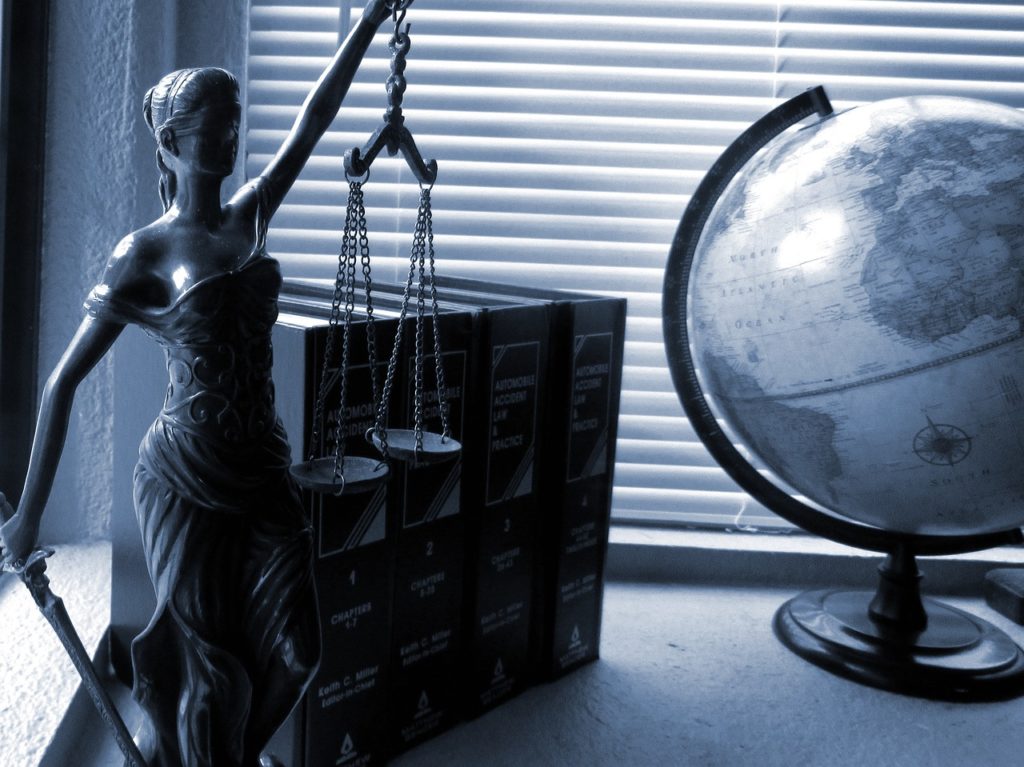There are a number of other legal occupations in Ireland besides the most well known roles of barrister and solicitor. These include legal secretaries and clerks.
Education
Legal secretarial courses are generally one year in length and provide a Level 5 award. Many colleges across Ireland offer these courses. These include the College of Commerce in Cork, Marino College in Dublin, Bray and Monaghan Institutes of Further Education and Tralee Community College.
As well as providing an education in office and IT skills, theses courses will also teach the student a basic understanding of the law, and encompass work experience.
To be a law clerk you generally need a Bachelor of Arts in Legal Studies. A number of third-level institutions offer this. These include the Waterford Institutes of Technology and Dublin Business School. Students gain a comprehensive understanding of the Irish legal system. As a result, they are able to perform administrative legal tasks in a professional manner.
Court clerks are civil servants at the grade of Executive Officer. Entrants from outside the civil service are usually graduates who have successfully completed a competition.
Options after Qualification
Legal secretaries work in law firms, barristers’ chambers, government legal departments, financial institutions and other private companies.
Law clerks work in the public and private sectors. Employment options include local authorities, law firms and commercial companies. Many law clerks use their experience to train as solicitors.
Court clerks can be found in all of Ireland’s District and Circuit Courts. Opportunities exist for promotion in the courts service and in the civil service.
The Work
Legal secretaries provide administrative support to professionals in the legal industry. They do general secretarial work as well as additional tasks such as producing and proofreading letters and legal documents, and preparing legal bills.
Law clerks carry out administrative duties in a legal office. This includes drafting documents, looking up references in law records and in some cases carrying out interviews of clients and witnesses. Clerks also assist solicitors and barristers in court.
The duties of a court clerk are manifold. Most of their work involves the practicalities and logistics of running a court. This could be preparing the order of business, and compiling warrants, fines, summonses, barring orders and bonds. They communicate with all parties in a court case – judge, gardaí, prison officers, legal teams, and so on. As registrar for local areas, the court clerk keeps a record of local licensed premises and land ownership, and settles small claims issues. During an election or referendum, the court clerk is involved in all aspects of voting administration, from preparing ballot boxes to vote-counting.
Personal Qualities & Work Environment
Organisational skills need to be at an impressive level and an eye for detail is essential. When you work with legal documents like contracts and wills, there is no room for mistakes. Legal cases can create vast amounts of paperwork that will need to be referred to in the future. Therefore, you’ll need to manage and effectively store large amounts of information for any legal career.
Jargon
Covenant: Written document in which signatories either commit themselves to do (or not to do) something, or in which they agree on a certain set of facts
Legal Aid: Help given by the LAB (Legal Aid Board) to people who cannot afford basic legal services
Legal Document: a document that states some contractual relationship or grants some right












Comments